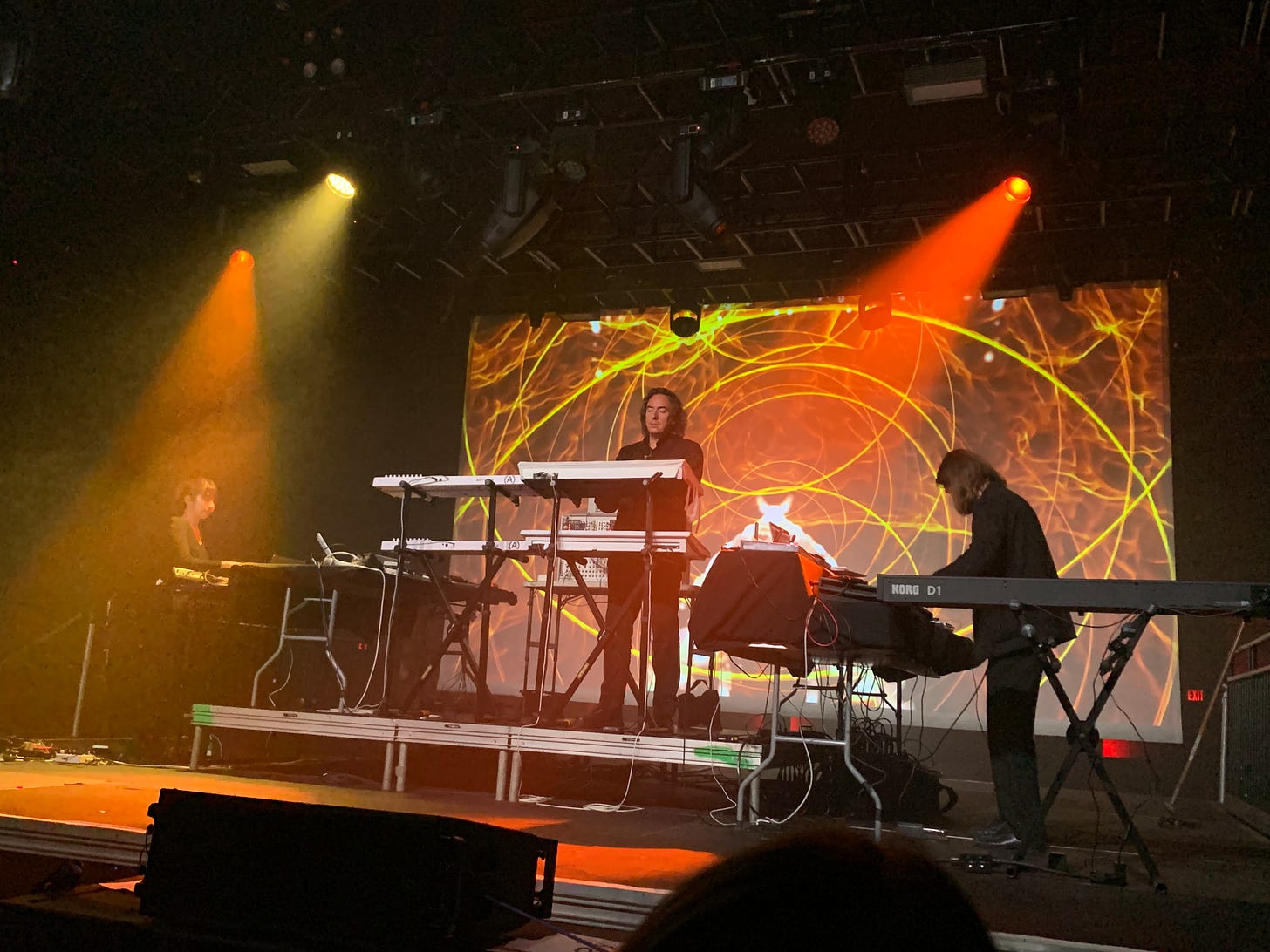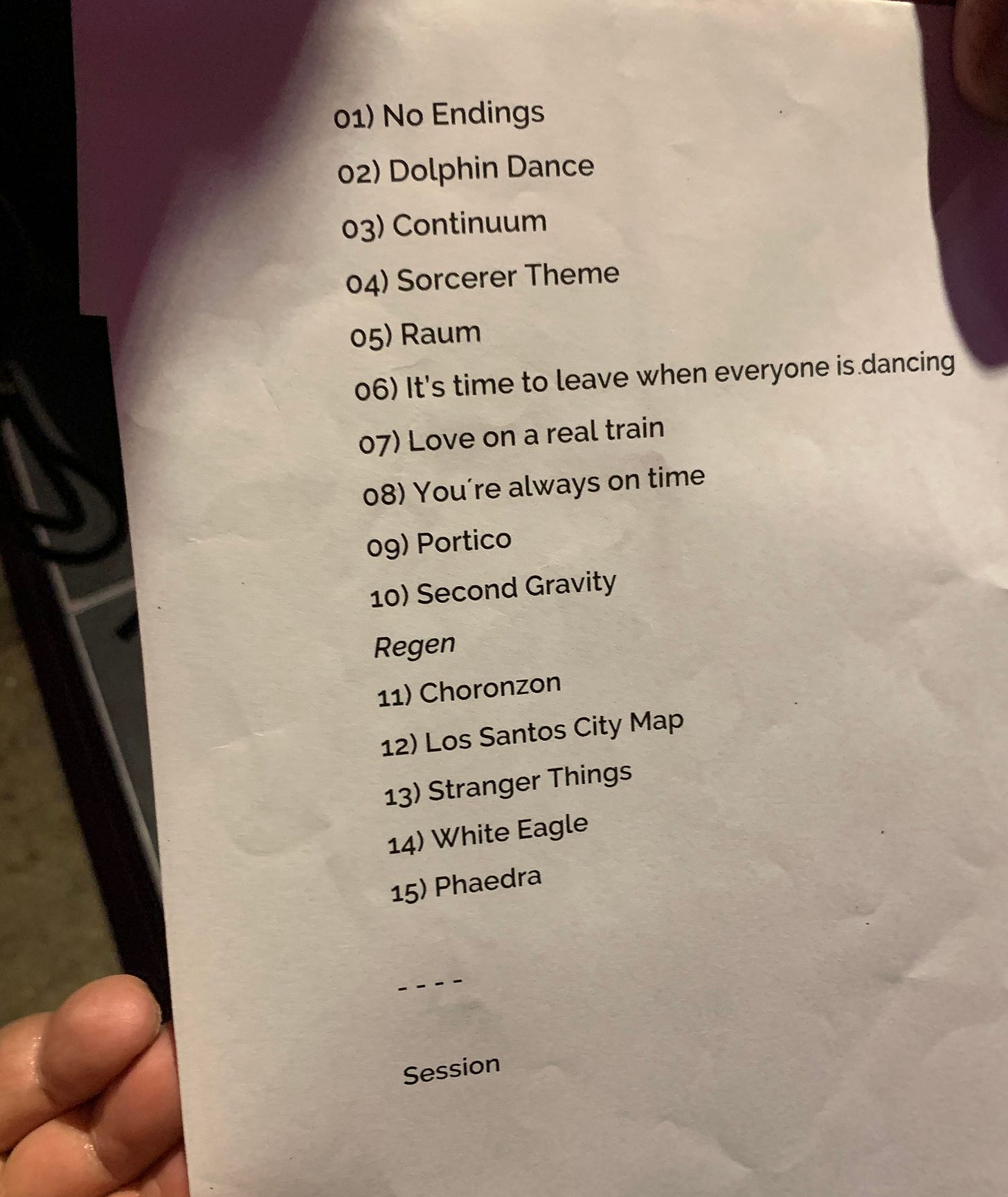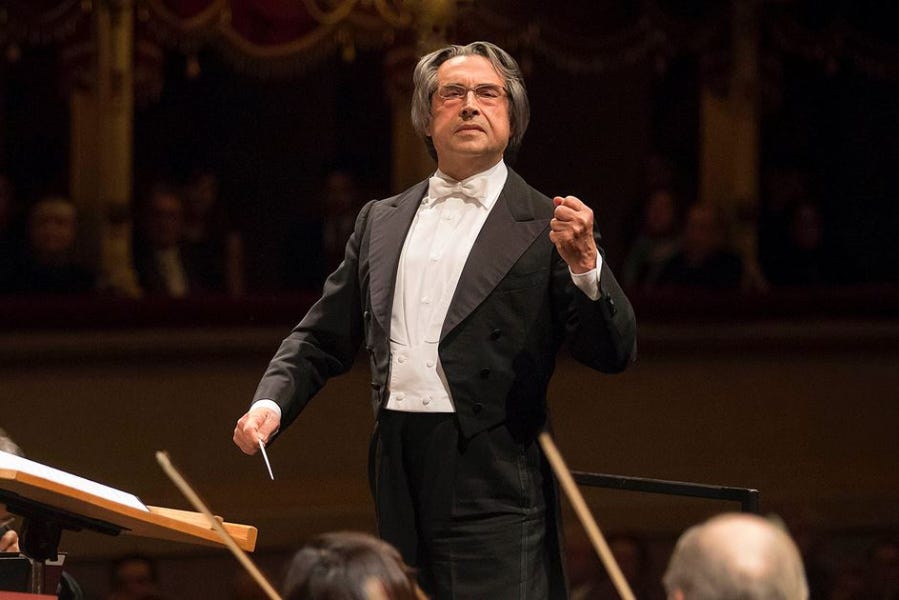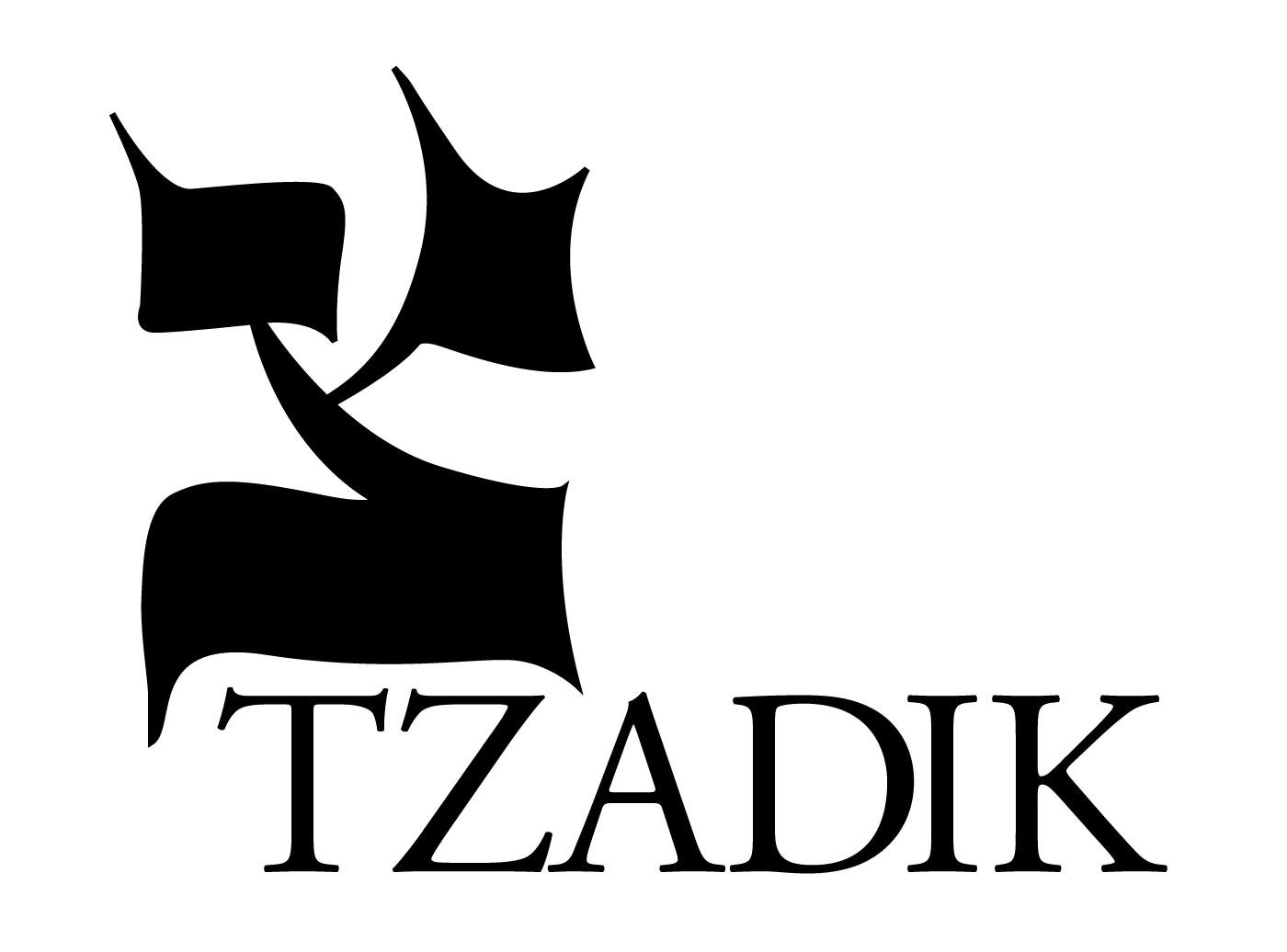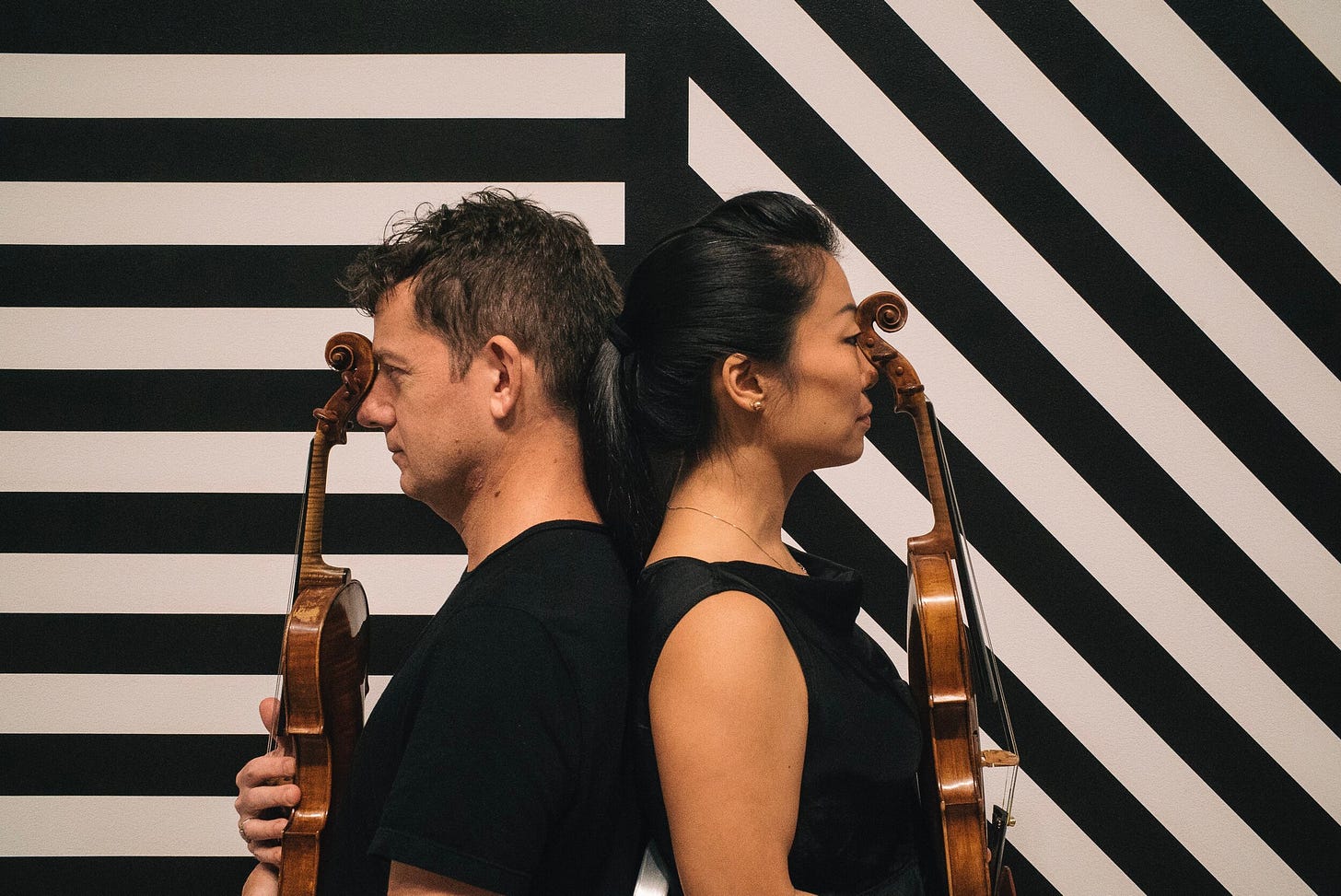Force majeure.
Tangerine Dream at Knockdown Center, Glass and Reich at the symphony, Tzadik downloads, and live music highlights for the next seven days.
After years of waiting, months of anticipation, and a few days in the wake of my feature in The New York Times, Tangerine Dream played a brilliant show last Saturday night at Knockdown Center in Maspeth. And despite my concern that a far-flung Queens venue some distance from the subway might hamper attendance, a good-sized audience turned up for the group’s first NYC concert in exactly a decade.
Historically, Tangerine Dream has been known for playing loud. This new incarnation didn’t disappoint, with especially prominent bass frequencies bridging the gap from concert stage to dance floor. A number of audience members heeded that call. (Not the woman in front of me on the rail, though: she was dressed for a black metal show, tossing her mane and juicing invisible oranges at every climax.)
The set list leaned more heavily into new material than old, less Virgin years and more Grand Theft Auto and Raum—a brave and appropriate choice, even if you couldn’t miss the appreciative sigh prompted by “Love on a Real Train,” the anthemic thrust of “Choronzon,” or the ripple of recognition as “Phaedra” coalesced from chaos. The new material stands up to scrutiny, plain and simple.
Thorsten Quaeschning, Hoshiko Yamane, and Paul Frick were considerably more animated onstage than the Optical Race trio I’d seen in Dallas in 1988, though less gratuitously showy than the “Electric Mandarine Tour” sextet of 2012, which included Yamane and Quaeschning. Standing close, you got a real sense of how much the trio is actually playing live (answer: a lot), how Frick’s approach at the keyboards bears the mark of Steve Reich’s music, how Yamane dances pretty much non-stop at her workstation during upbeat tunes, and how Quaeschning guides what’s happening with little more than a well-timed glance.
After a powerful, beautiful set, I was ready for a transcendent spontaneous “session” to close the evening. Alas, that wish was throttled by repeated interruptions from a wildly intoxicated audience member close to the front. Perhaps bellowing “Eins, zwei, drei, vier!” at a German band is meant in good fun – or, viewed generously, maybe it was a nod to Frick’s other band? – but it sucked the air right out of the room.
The session was generous in length, and ventured into interesting territory. But – at the risk of sounding Frippish – the space was violated, and the music suffered.
I admired Knockdown Center, which I’d not visited previously. It reminded me a bit of the big room at Elsewhere, but wasn’t as brutal a commute for a Queens resident. (My trek from Jackson Heights involved maybe 10 minutes on the subway, then not quite 20 minutes on one bus and less than 5 minutes on another.) I’m eager to catch more events there—and hopeful it won’t take Tangerine Dream another decade to return.
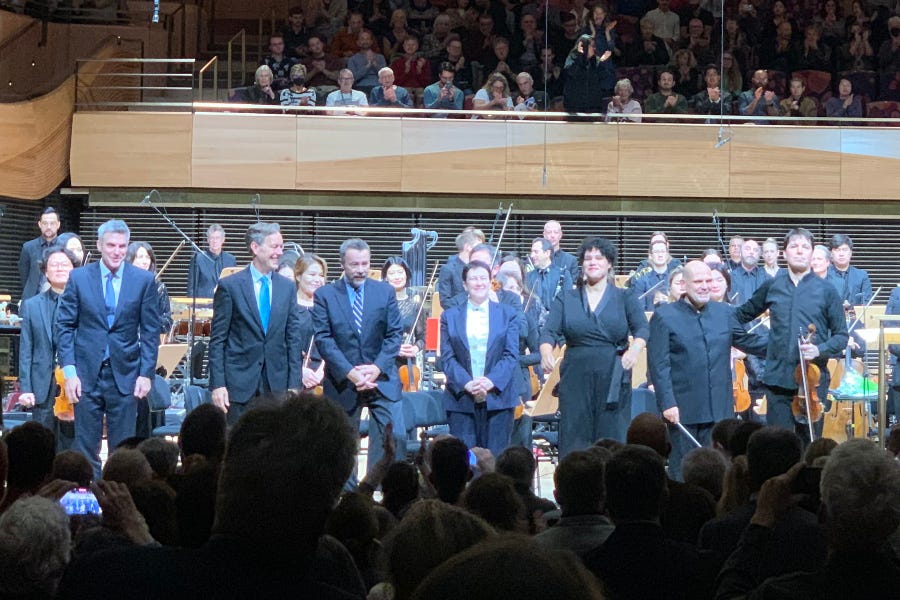
I also saw another concert late last week. But since I wrote about it for a proper media outlet, I won’t be saying anything about it here just yet.
Zachary Woolfe, in a critics notebook published Sunday and printed Monday in The New York Times, devoted some words to the concert in question. They’re mostly not the same words I used – different strokes! – but I nodded my head at this bit:
So van Zweden’s time in New York feels a little faceless, and so short that Steve Reich, whose “Jacob’s Ladder” premieres this week, was mentioned in Friday’s program as a composer van Zweden has “championed” — apparently by leading a single Reich piece, four years ago.
You can hear Music for Ensemble and Orchestra, the very effective Reich piece van Zweden conducted in 2019 – including, to his credit, on a Young People’s Concert program – on a Nonesuch recording featuring Susanna Mälkki conducting the Los Angeles Philharmonic.
I bring this up because this week brings a surely unprecedented opportunity to catch new pieces by two leading so-called minimalist composers, Reich and Philip Glass, performed by two major American orchestras in two different concert halls. You can hear Riccardo Muti conduct the Chicago Symphony Orchestra in the local premiere of Glass’s The Triumph of the Octagon at Carnegie Hall on Thursday, Oct. 5, and then hear van Zweden and the Phil perform Jacob’s Ladder on Friday, Oct. 6, or Saturday, Oct. 7.
Even in a week as packed as this one, that’s a pretty irresistible opportunity.
When I wrote here last Friday about John Zorn’s Tzadik label landing on all the streaming services last week, I lamented that the label hadn’t joined Bandcamp. But reader and tireless new-music chronicler Larry Dunn quickly emailed me to point out that high-resolution downloads of Tzadik releases can be purchased at Qobuz. Granted, you miss out on the public-facing music library and peer-influencer emails Bandcamp provides (so far…), but if you’re only in it for the filez, here you go.
Night After Night Watch.
Concerts listed in Eastern Standard Time.
4
String Noise Duo
Roulette
509 Atlantic Ave., Brooklyn
Wednesday, Oct. 4 at 8pm; $30, advance $25, seniors and students $20
roulette.org
String Noise Duo, the pairing of violinists Pauline Kim Harris and Conrad Harris, pays homage to the late composer Alvin Lucier with the three works they included on their sensational 2020 self-titled album on Black Truffle, plus tributes to Lucier composed for the duo by Orlando Jacinto Garcia, Jacob David Sudol, and Paula Matthusen. (The concert will be streamed live on the Roulette website and YouTube, and archived for on-demand viewing.)
5
International Contemporary Ensemble
Roulette
509 Atlantic Ave., Brooklyn
Thursday, Oct. 5 at 8pm; $35, advance $30, seniors and students $25
roulette.org
The projects the International Contemporary Ensemble is undertaking under the leadership of artistic director George Lewis is some of the most culturally significant and aesthetically resonant work this estimable group has ever done. Here, one day in advance of its recording of Lewis’s opera Afterword, the ensemble plays recent works in which Lewis engages with texts by Fred Moten, Lyn Hejinian, and Sylvia Wynter. (The concert will be streamed live on the Roulette website and YouTube, and archived for on-demand viewing.)
6
BlankFor.ms, Jason Moran, Marcus Gilmore
Public Records
233 Butler St., Brooklyn
Friday, Oct. 6 at 7pm; $36.05
dice.fm
Sound artist Tyler Gilmore, who works under the name BlankFor.ms (not to be confused with the similarly named curatorial organization), is joined by pianist Jason Moran and drummer Marcus Gilmore to celebrate the recent release of their aurally engrossing debut album, Refract.
7
TAK Ensemble
DiMenna Center for Classical Music
450 W. 37th St., Midtown Manhattan
Saturday, Oct. 7 at 8pm; $10–$100
takensemble.com
The iconoclastic, blisteringly virtuosic, and restlessly inquisitive TAK Ensemble extends a years-long collaboration with Wet Ink composer Eric Wubbels in interbeing ii, an immersive experience involving eight chamber works, theatrical elements, “bodily sculptures” (TAK’s term), and domestic environments enhanced with teas and foods from Wubbels’s Western Massachusetts home. Uncanny? You bet.
9
Wet Ink
Scorca Hall, Opera America
330 7th Ave., 7th Floor, Chelsea
Monday, Oct. 9 at 8pm; suggested donation $20, students free
wetink.org
The crafty composers, interpreters, and improvisers cabal Wet Ink opens its 25th season with a program of intimate works: Mariel Roberts’s Sunder, played by pianist Conor Hanick; Kate Soper’s cello solo Underneath, performed by Roberts; and Joshua Modney’s LYNX for violin, cello, and electronics, which Modney will play with Roberts and Sam Pluta.
For even more listings, see the Night After Night Watch master list, here.
Thank you.
(Photographs by the author, except where indicated otherwise.)



